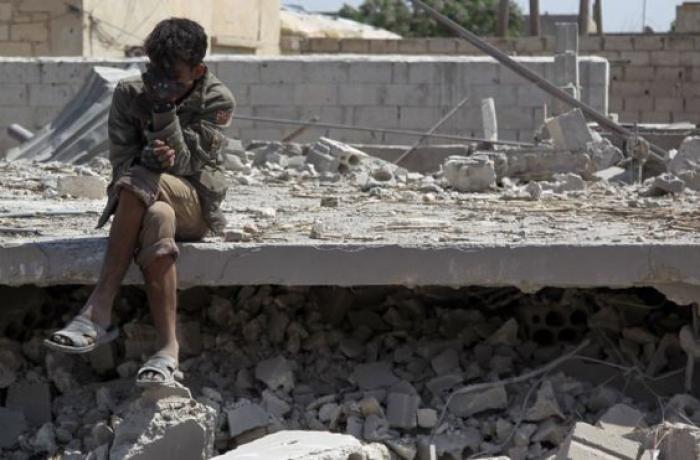The authorities announce a ceasefire after months of fighting in order to implement the de-escalation agreement reached in September 2018. For Syrian Bishop, this sign “goes in the direction of peace”, but jihadis and rebels should not use it to reorganise. In Astana, a new round of talks gets underway with the participation of Iraq, Jordan and Lebanon.
Aleppo – A “prudent calm” has prevailed since this morning in Idlib, a region that saw a recent escalation of violence between government forces and rebel and jihadist groups that control the area.
According to local sources, the ceasefire announced last night by the government seems to be holding after three months of fighting, with civilians taking advantage of the situation.
In a surprise announcement, the government stopped its offensive in the northwestern province, which is under the control of Hayat Tahrir al-Sham, an al-Qaeda offshoot in Syria, backed by other rebel groups.
The ceasefire is conditional on the implementation of an agreement between Russia and Turkey on de-escalation zones reached in September 2018.
For Mgr Georges Abou Khazen, apostolic vicar in Aleppo of the Latins, “Every sign that goes in the direction of peace is a very important element and a source of hope.”
“We wish however,” he added, “that what happened in the past does not happen again, that jihadists and rebels not use ceasefire attempts to reorganise themselves”. This “is our fear” but “today we welcome the good news of the truce, which will save lives”.
Pope Francis cited Idlib in his letter to Assad, which has sparked criticism and appreciation even within Syria’s Christian community.
“We could not read the text,” Mgr Georges said, “and we cannot know whether there is a link between the letter and the truce in the area,” but any action for peace by the pontiff is always of great value and may have contributed to the success of talks.
For the prelate, “The Syrian government and President Assad are the legitimate representatives of the State and with them we must talk to rebuild the future. Let us not forget that even now bombs and mortars continue to fall on Aleppo, Hama, on Christian and Muslim towns. We must stop those who feed and supply these groups that act only in the name of violence” that impoverishes the civilian population more and more.
The ceasefire comes as the 13th round of talks gets underway in Astana, the capital of Kazakhstan now renamed Nur-Sultan. They include Russia, Turkey and Iran, and, for the first time, delegates from Iraq, Jordan and Lebanon.
“We hope that these meetings can ease tensions and put an end to the violence,” said the Vicar of Aleppo.
The goal of the meetings in Kazakhstan is to fully implement the agreement reached almost a year ago and stop the fighting that has gripped Idlib province and parts of Aleppo, Hama and Latakia provinces in the past three months.
The deal calls for shared control, with some areas to remain under jihadi and rebel control, and others under government control, and a de-militarised area between them.
The latest figures from the United Nations show that fighting in the last three months caused the death of 800 people and the displacement of 400,000 in Idlib alone.
This followed the moderate optimism that existed in the previous months over a long-term solution to the conflict.
Instead, backed by Russia, Syrian forces attacked terrorist and jihadi targets triggering the new exodus in Idlib. The situation also remained critical in surrounding provinces.






